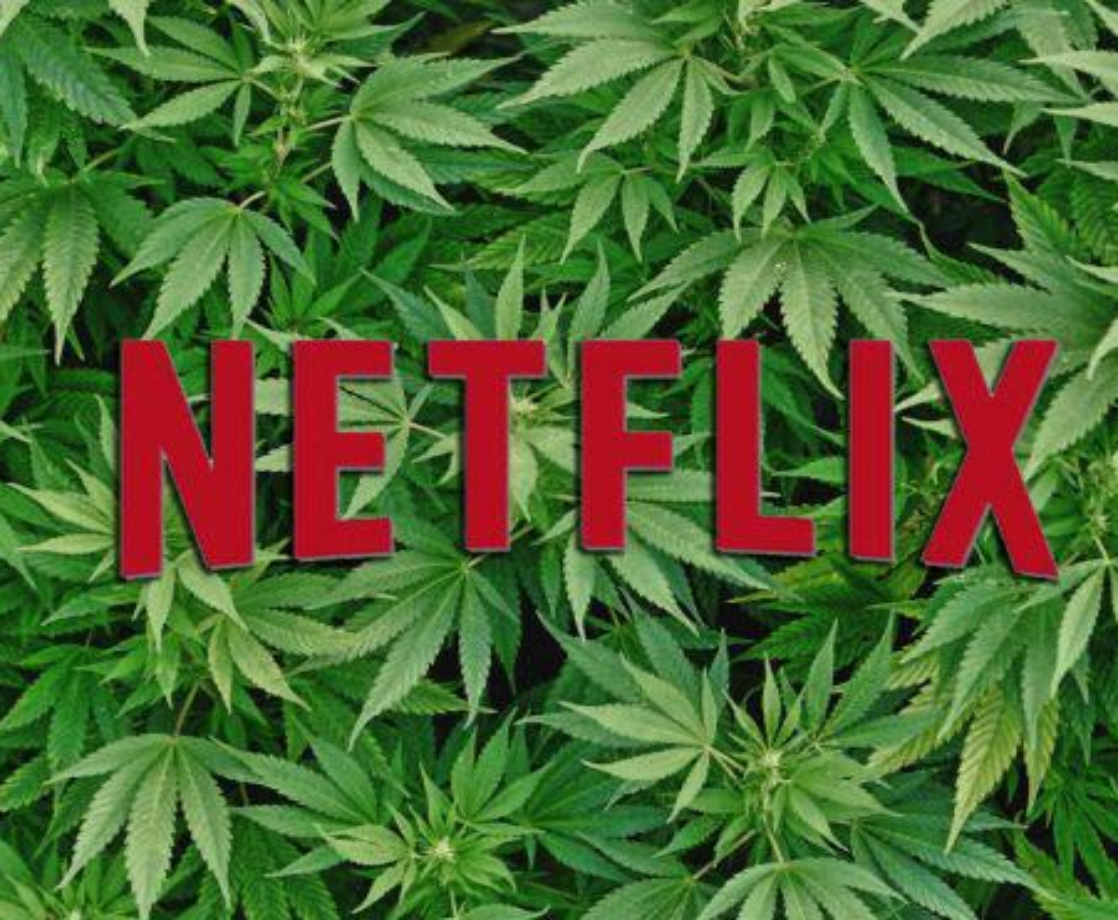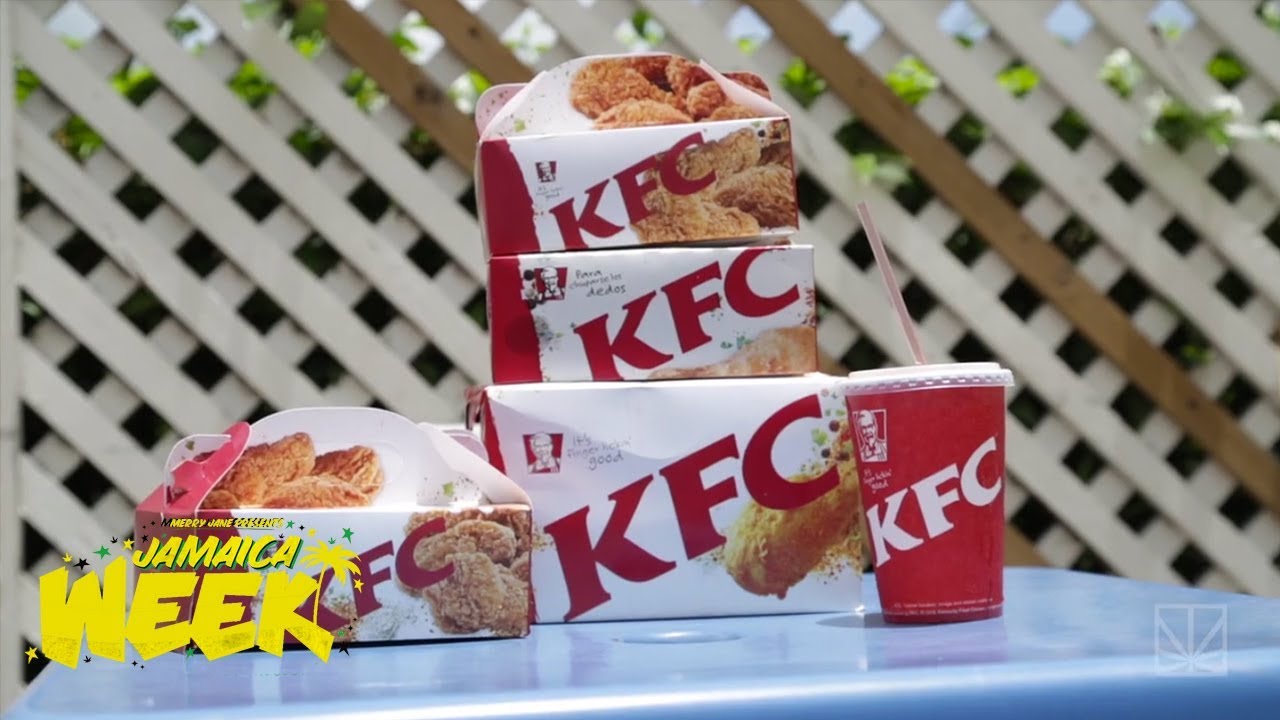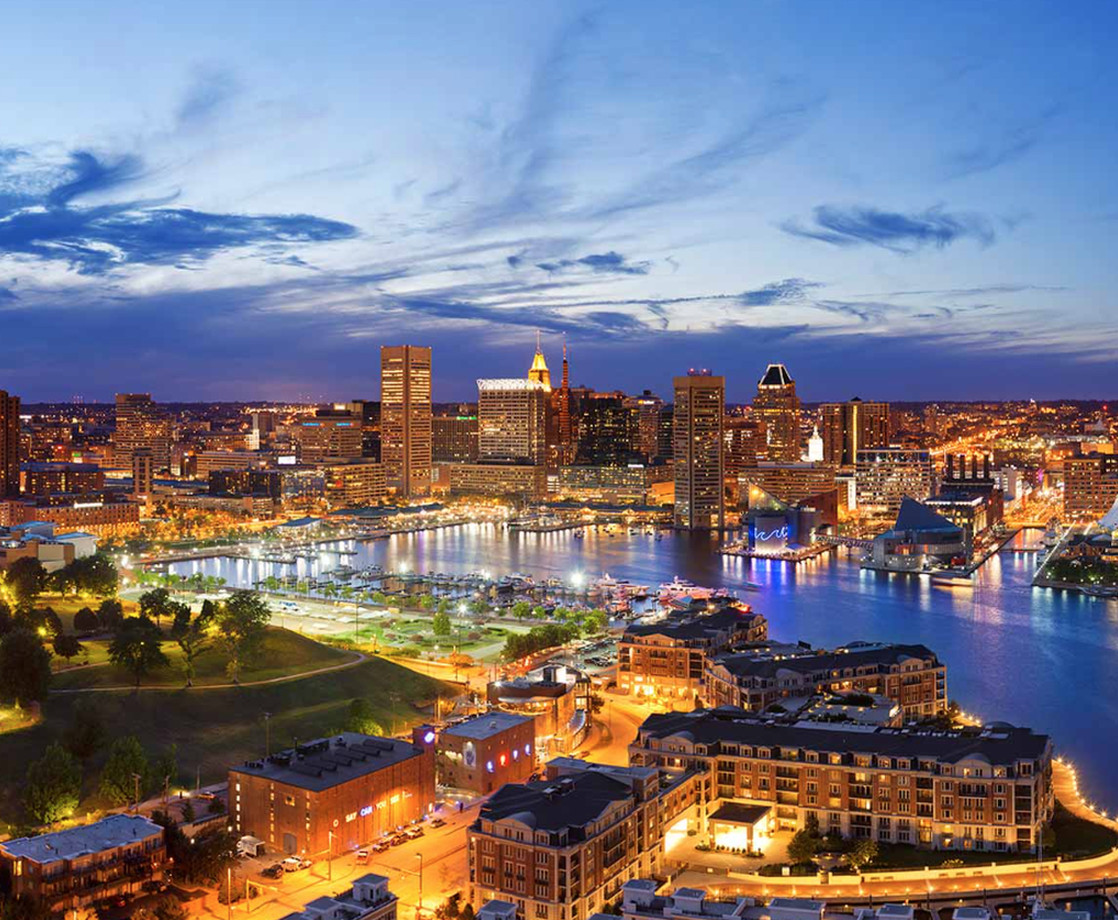Southeast Asian governments are renowned for their extreme anti-drug policies. But, of all the countries in the region, the city-state of Singapore has some of the harshest drug laws. Anyone busted with even the smallest amount of weed or other drugs can be punished by a $20,000 fine and a decade in prison. The government considers anyone with over 15 grams of weed to be a drug trafficker; and if you’re caught with over 500 grams (just over a pound) of weed, you might even get the death penality.
The Singapore government apparently hates weed so much that it doesn’t want citizens to see it in movies or shows. According to a recent report by Netflix, Singapore officials have asked them to remove several movies and TV series that focus on cannabis. In their Environmental Social Governance report, the company explains that it will comply with government requests to censor the content that it makes available.
Netflix said that it will block content from streaming to a particular country if that country’s government sends them a written takedown request. The company said it will try to negotiate with governments to provide as much content as they can, but will ultimately comply with the laws of the country in which they operate. Since 2015, the company has only received nine requests to censor their content: one each from New Zealand, Saudi Arabia, Vietnam, and Germany; and three from Singapore.
Singapore’s three requests demanded the removal of five different programs. In 2017, the country asked for three shows to be banned due to their weed content: The Legend of 420, a comprehensive cannabis documentary; the comedy series Disjointed; and infused cooking show Cooking on High. In 2019, the country demanded that Netflix ban Martin Scorsese’s The Last Temptation of Christ, and this year, the Brazilian comedy The Last Hangover was banned, likely due to scenes of overt drug use.
Like most of its neighbors, Singapore is ignoring the growing trend of legalization spreading throughout the West. “Examples of other countries have clearly shown that a permissive attitude towards the use of cannabis exacts a high cost on society,” the country’s Central Narcotics Bureau (CNB) writes on its anti-drug website. “Therefore, we have strict laws against the trafficking, possession, consumption, and import or export of illicit drugs, including cannabis and cannabis products.”
The prospect of bringing legal weed to Southeast Asia may seem like a pipe dream, but activists are working hard to do just that. Thailand legalized medical marijuana in 2018, and its legal cannabis industry has been growing by leaps and bounds ever since. Singapore’s northern neighbor Malaysia is considering decriminalizing minor drug possession, and activists in Indonesia are working to overturn that country’s extreme cannabis prohibition laws.











